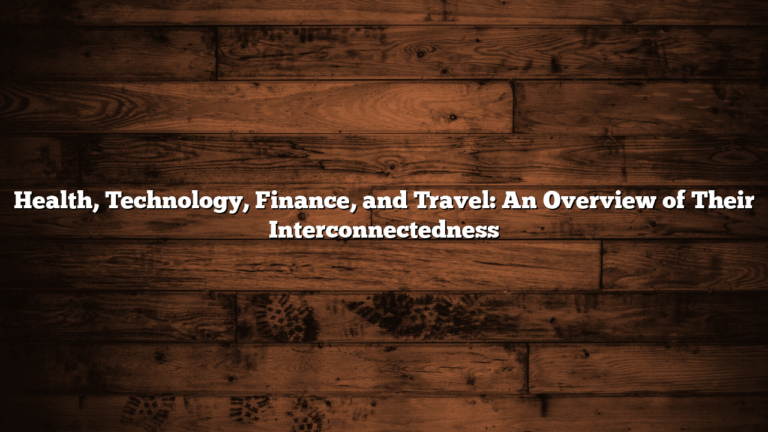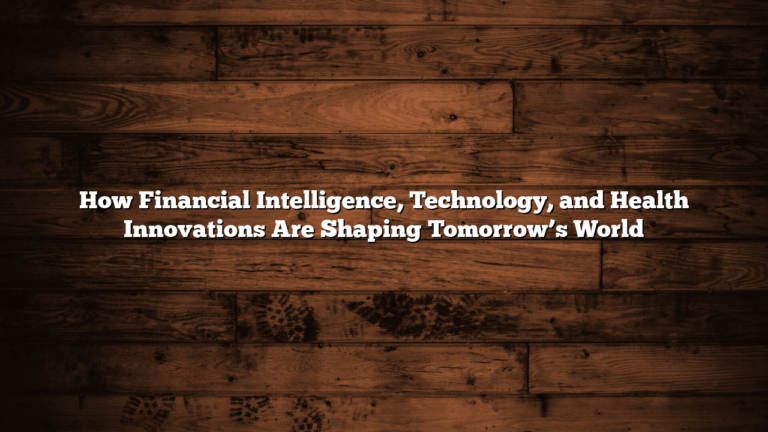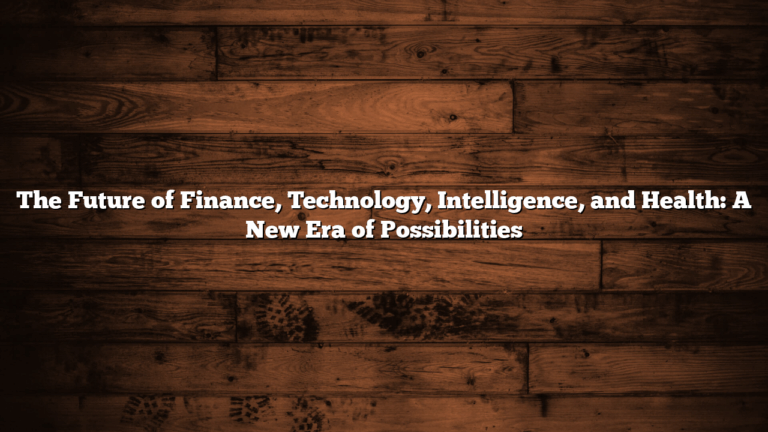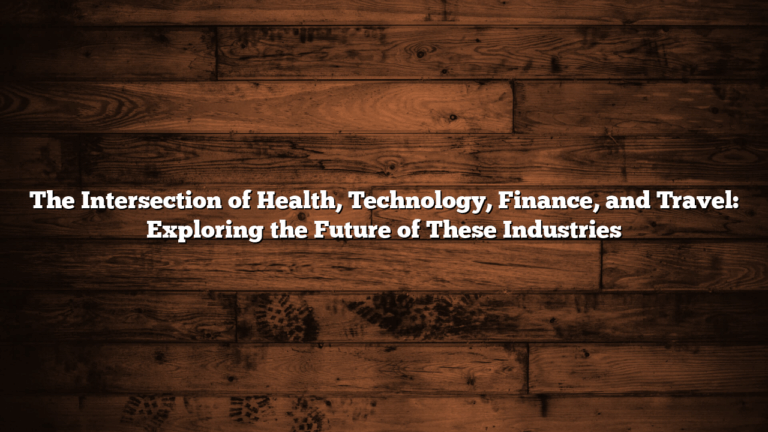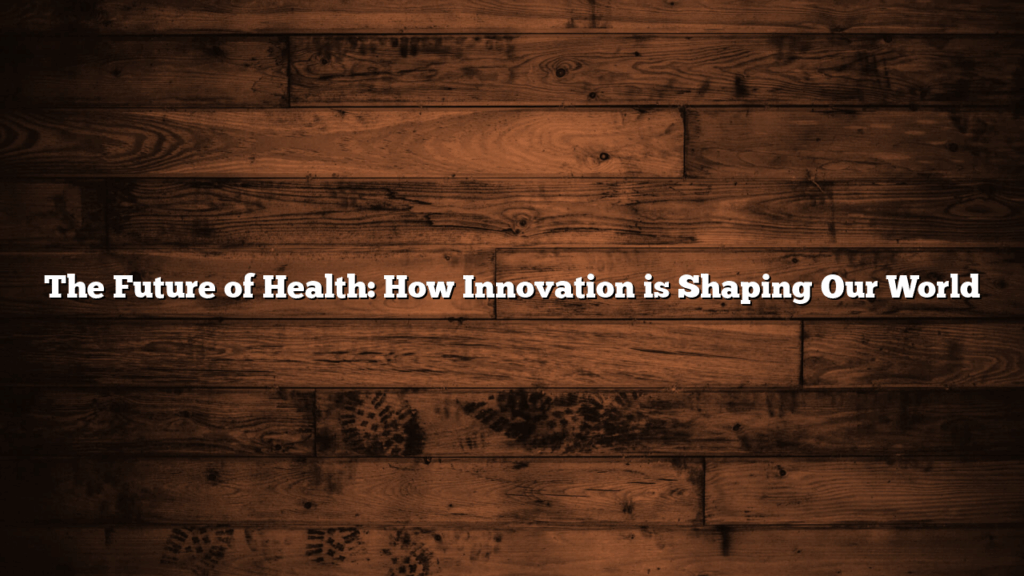
The Future of Health: How Innovation is Shaping Our World
In today’s rapidly evolving world, the integration of key sectors such as finance, health, AI, and tech is driving global innovation. This article will explore how these domains blend together and their mutual influence on human advancement.
1. Financial Technology (FinTech): Revolutionizing the Economy
FinTech is reshaping global economic models in dramatic ways.
People demand instant access to their bank accounts. With mobile banking apps like Revolut, financial transactions are instant.
Blockchain technology have also emerged as alternatives to traditional currency, offering decentralization.
FinTech also enables automated investment tools. Platforms like Robinhood use machine learning to help users make strategic investment choices.
At the same time, businesses use FinTech for managing operations. Machine learning tools analyze spending trends to cut losses.
2. Technology’s Impact on Healthcare
Digital innovations are revolutionizing healthcare delivery.
Smart devices like Garmin track everything from oxygen levels to fitness goals. This empowers users to make informed decisions.
Telemedicine has made healthcare more accessible. Amid rising healthcare demands, patients and doctors embraced virtual appointments via apps.
AI-powered diagnostics help physicians predict health risks faster and more accurately. Tools like Google’s DeepMind have shown significant advancements in neurological disorder management.
3. The Rise of Artificial Intelligence Across Industries
Artificial Intelligence (AI) is now part of everyday business. It plays a transformational role in sectors ranging from education to logistics.
In finance, AI helps with credit scoring. AI models analyze large volumes of transactions to detect anomalies in real-time.
In healthcare, AI enhances medical imaging. Researchers use AI to simulate drug reactions. This reduces time and costs in bringing life-saving drugs to market.
In technology, AI drives autonomous vehicles. Self-driving cars from Cruise use AI to avoid collisions. Slot gacor like Google Assistant, making everyday life easier.
4. Smart Health and Intelligent Finance: The New Synergy
Health and finance are deeply intertwined.
Poor financial decisions often lead to anxiety, which in turn weakens the immune system. Conversely, strong financial planning provides access to quality healthcare.
Apps now combine financial advice with health metrics. For example, platforms like Human API offer cash-back for meeting fitness goals.
Insurance companies also use tech to adjust premiums based on risk assessments. This incentivizes exercise and helps reduce claims.
5. Challenges and Ethical Considerations
While the advancements are impressive, there are complex challenges.
Cybersecurity is a key concern. As users share more personal information, companies must ensure encryption.
There are also concerns about algorithmic discrimination. If AI systems are trained on biased data, they can marginalize groups.
Moreover, overreliance on technology may create dependency. For example, if people fully trust AI financial advisors, they may miss important contextual insights.
6. The Road Ahead: Innovation with Responsibility
Looking forward, the fusion of finance, tech, AI, and health will deepen.
Global institutions must collaborate to create fair regulations. Education is crucial—people need to understand both the power of emerging technologies.
Tech-savvy health experts will become the norm. Tomorrow’s leaders must navigate a world where money, machines, minds, and medicine intersect.
—
Final Thoughts
The evolution of interconnected domains is not just a trend—it’s a redefinition of progress.
Whether it’s AI helping us save money, these innovations offer hope.
But with great power comes great responsibility. It’s up to tech leaders and individuals alike to ensure that no one gets left behind.
